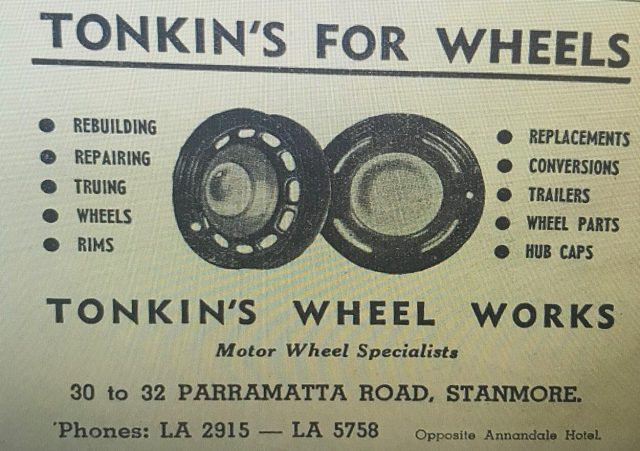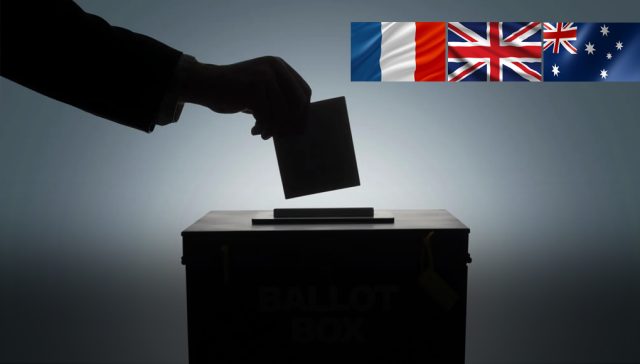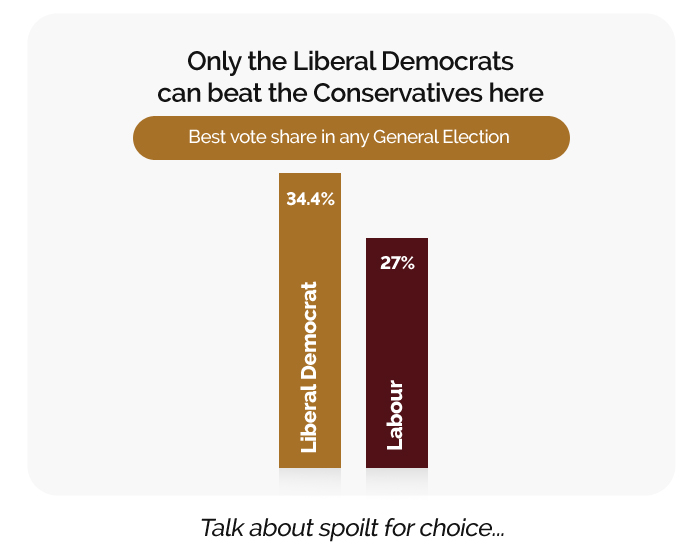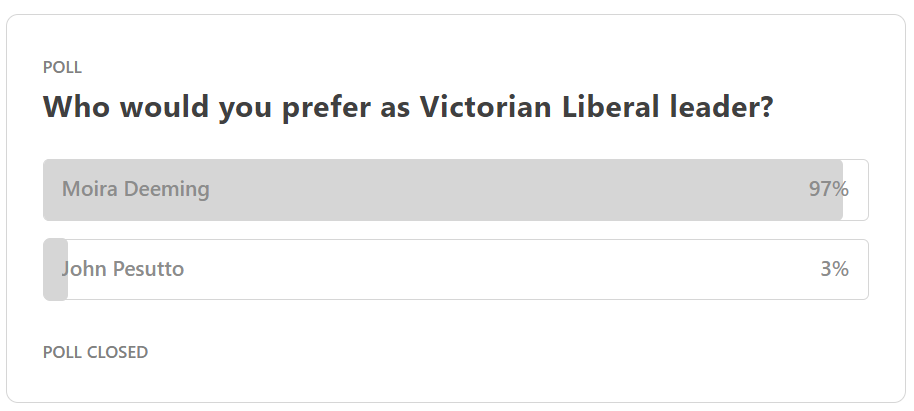ANSWER: The Carlson-Shapiro Question
I admit it.
There I was on 27 February 2023, making a little mischief with my article:
VOTE NOW! Tucker Carlson or Ben Shapiro?
Well, it was mischief-making in the sense that I like to sharply define the line between liberal and conservative and then, with all the goodwill in the world, provoke people to think and explore these differences.
There is a difference, you see.
So I posted a video clip between American commentators Tucker Carlson and Ben Shapiro. They had opposing views of how to handle inevitable job losses caused by driverless trucks. It illustrated the difference eloquently.
If you haven’t watched the exchange, click here.
Then I challenged you to vote whether you agreed with Tucker Carlson or, by inference from his question, Ben Shapiro.
The results are in:
- 37% Tucker Carlson; and
- 63% Ben Shapiro.
If you agreed with Tucker Carlson, you are a conservative.
If you agreed with Ben Shapiro, you are a liberal.
As I repeat ad nauseum, conservatives wish to conserve. Here, Mr. Carlson would be happy to conserve current industry development rather than advance it. He’d be happy to keep truck drivers in jobs for which technology has a more efficient solution, the driverless truck.
By inference from his question, Mr Shapiro would prefer to let the free market take its course, permit the technology and have truck drivers migrate into related freight work or even redeploy into other industries.
There’s a big difference in approach.
Liberals and conservatives are not the same.
You’re an optimist if you’re a liberal (or if you must, a classical liberal or libertarian, they all mean the same thing!) You believe in people, in their ability to innovate and in their ability to adapt to change. In the case of driverless trucks, you fully embrace this new technology and you want to encourage the creators of that innovation by allowing it to be unleashed on the market. No restrictions. And you have faith truck drivers, given appropriate notice, are more than capable of finding new work. You are confident they aren’t simply going to sit and bemoan the loss of one type of occupation. Rather, you know they’ll have to find other work to feed their families, as we all do.
You’re a pessimist if you’re a conservative. You believe, as Mr Carlson even said, that you don’t want high school educated men let loose on society without a job. He assumes that high school educated men would suddenly become helpless and even dangerous. That’s the inference.
Blimey!
Talk about loss of faith in our fellow citizens. It’s a nanny state attitude. What evidence is there for this? None that I can find. On the contrary, there is plenty of evidence high school educated men are adaptable.
Take 1980s Newcastle. A city bustling with blue collar men busily working the steelworks. Now look at 2020s Newcastle, a lifestyle, health and university town. What happened to these steelworkers? Was Newcastle ravaged by idle high school educated men wreaking havoc across the city? No. Some of these men were due to retire, some moved to the Wollongong works, some stayed in Newcastle moving into value-add niche industrial enterprises, some stayed in the large industrial companies but worked from home as the companies left, some started their own businesses using their skills in new ways, some simply moved into new industries altogether, some retrained, some took early retirement to enjoy life.
Take my grandfather. He grew up and apprenticed as a wheelwright at the tale-end of the old wooden spoke and hub horse-drawn carts. Then as his career developed, wood gave way to steel spoke and hub wheels. Then steel plates came in. What a transition!
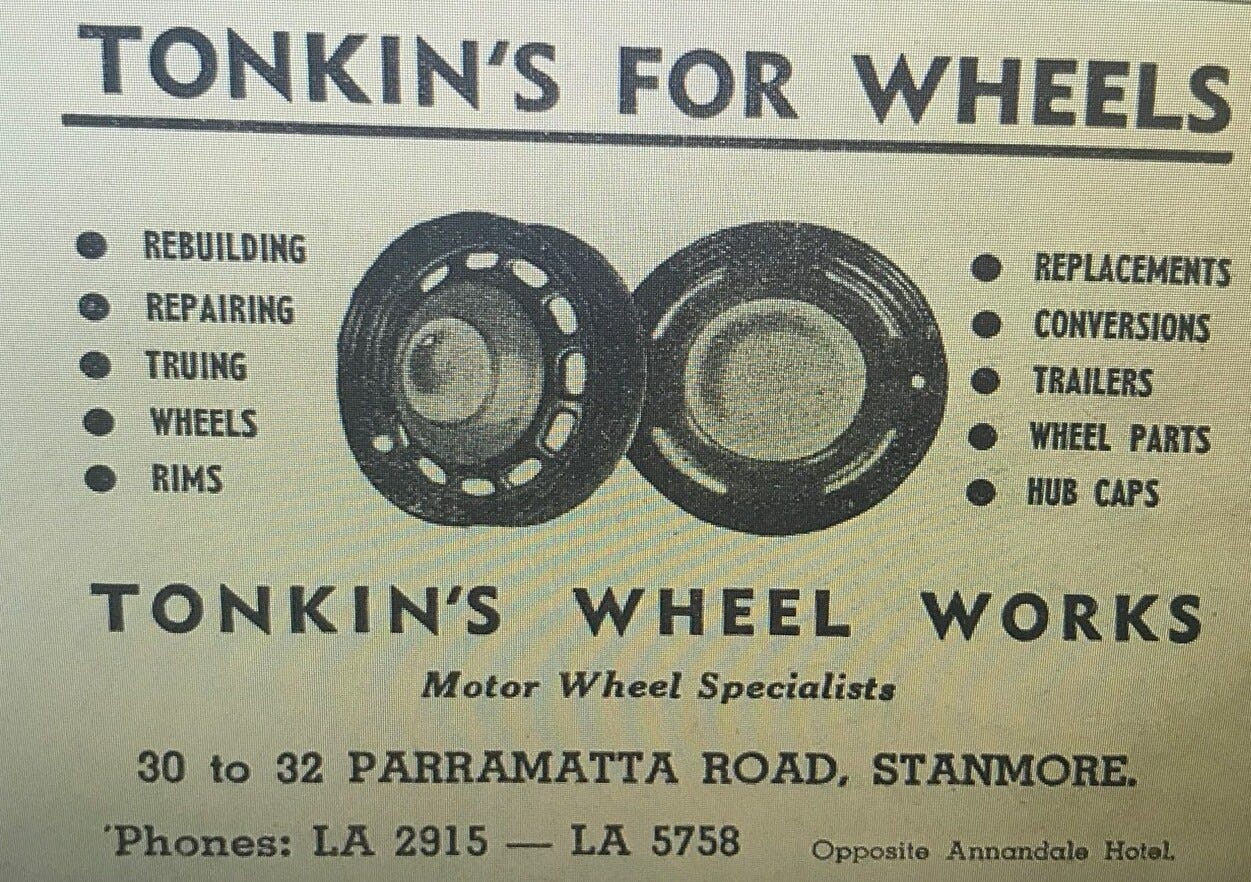
Further, when a conservative says ‘let’s restrict technology’, what does that signal? It’s the same as saying to every inventor and innovator, every scientist and engineer, to every entrepreneur and free thinker that their fresh, new ways of solving old problems are unwelcome.
Do we really want that?
If we took that view, we wouldn’t have made these advances outlined in There Is Hope. Check This Out!
Further ….
We’d have no smartphones.
No Internet.
No wireless.
No medical imaging.
No open heart surgery.
No computers.
No electricity.
No refrigeration.
No cars.
No flush toilets.
No immunisation.
No fresh, high-quality food.
No sewerage works.
No social mobility.
No flowing, pure water to the bathroom sink.
No glass.
No books.
No steel.
No iron.
No bronze.
No wheel!
As I say, conservatism’s tendency to oppose change can be helpful. However, if that’s all we on the Right do is oppose and conserve, we end up sliding to the Left. Opposition and conservation are insufficient to fight the Left.
We must treat our innovators with respect and let them advance society. We must not be conservative and stand in the way.
We must treat our fellow citizens with respect, have confidence in them that they can cope with change. We should not mollycoddle them.
Don’t be a conservative like Mr. Carlson.
Be a classical liberal like Mr. Shapiro in this debate.
This is the way forward.
An entrepreneur who has employed 1,470+ people, Kenelm was admitted to the BRW Fast 100 three times with businesses in Australia, NZ, Singapore and New York, where he lived for 12 years. Kenelm’s investment firm performs mid-market leveraged roll-ups. He was a regular columnist for the Australian Financial Review. Kenelm is the Founder of Liberty Itch.






